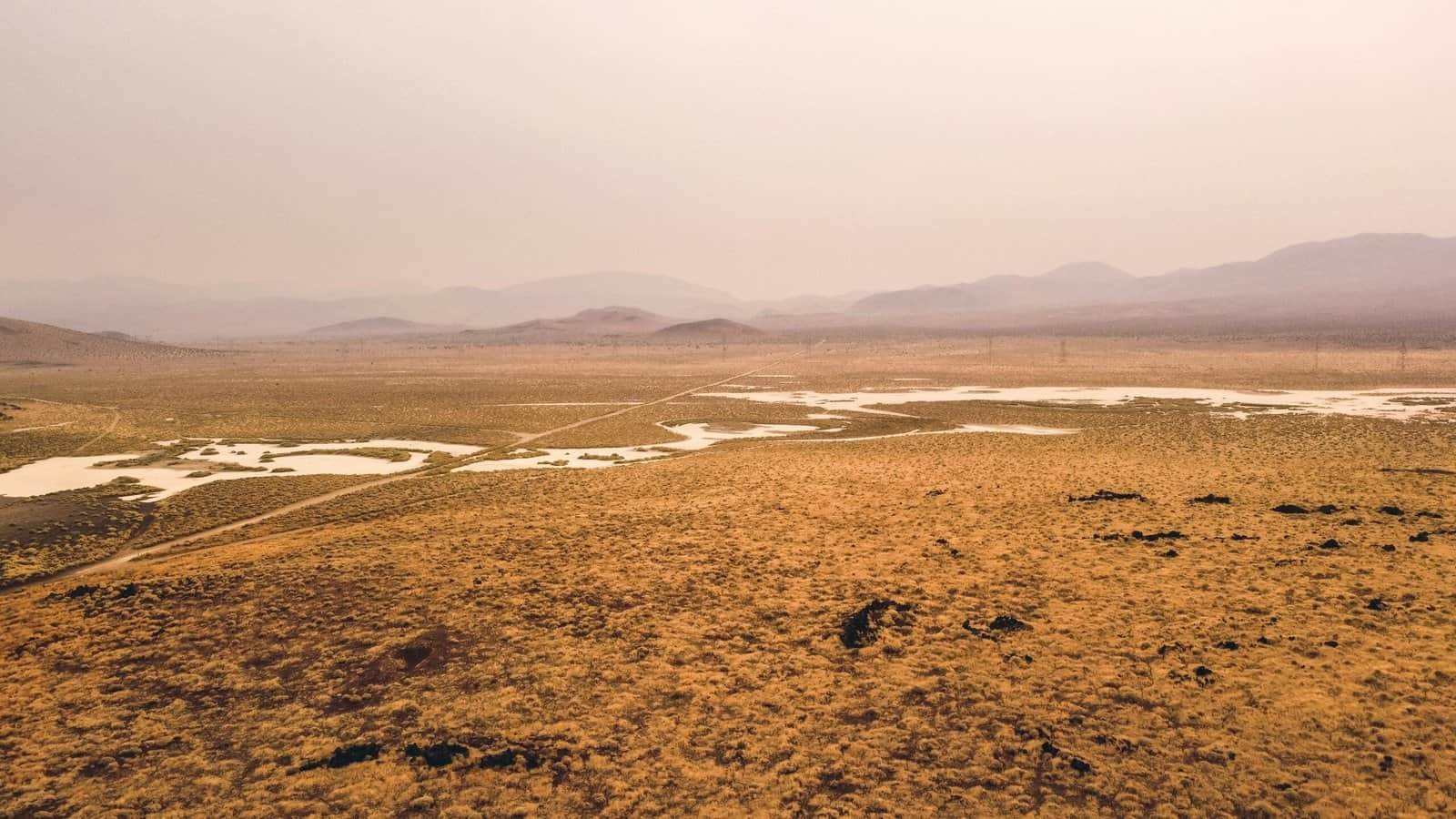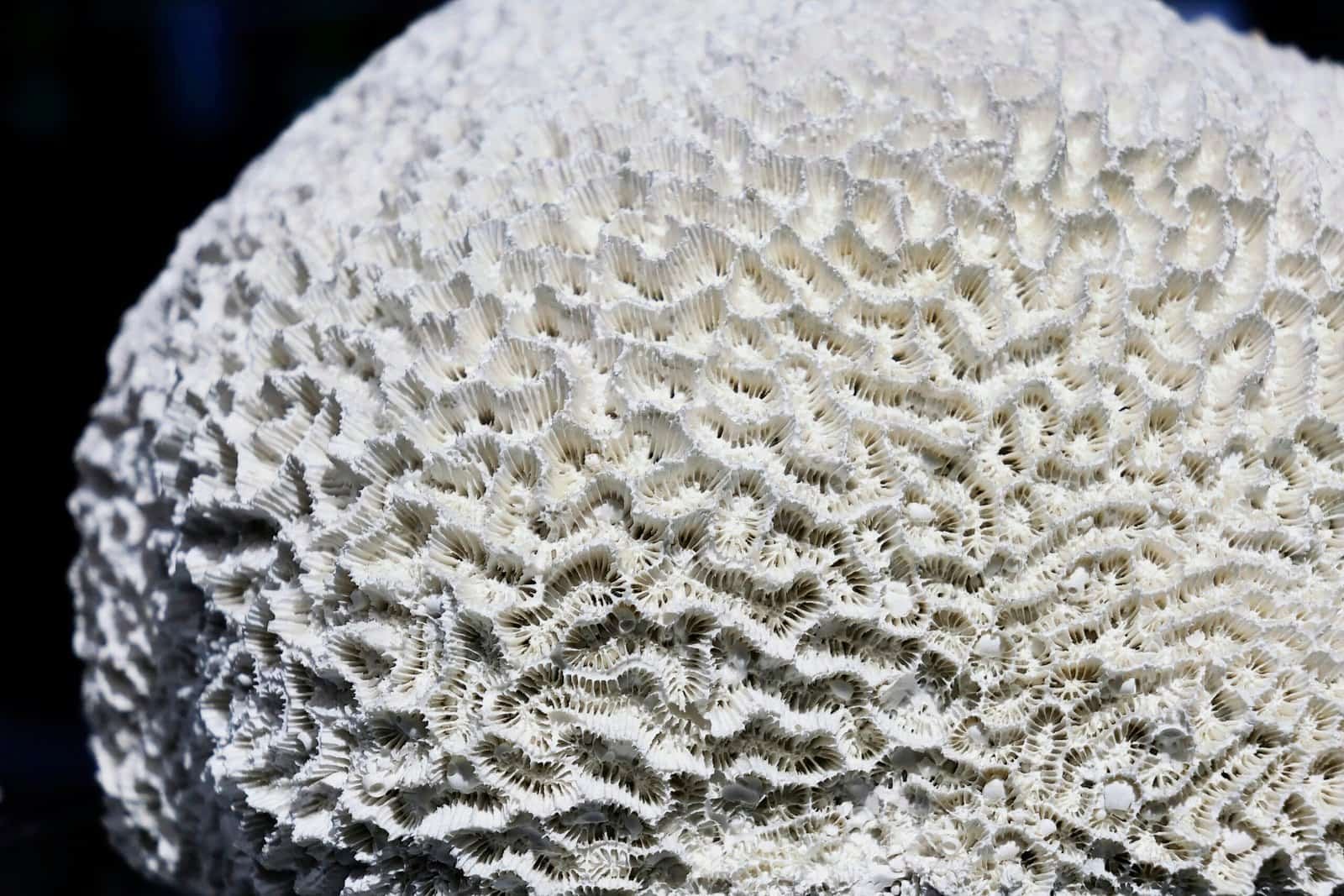Have you ever wondered what lies beneath the surface of Jordan’s landscape? The Kingdom’s remarkable shift in water sourcing brings this question to life as it embarks on a journey to tap into ancient reserves with the drilling of ‘fossil water’ wells, located a half-mile underground. This endeavor is not just a feat of engineering but a critical necessity in a region where water scarcity presents a persistent challenge. Let’s dive into the details of this ambitious project and explore how it might influence Jordan’s future and its regional neighbors.
Understanding Fossil Water
What is Fossil Water?
Fossil water is ancient groundwater that has been trapped in underground reservoirs for millennia. Unlike renewable water sources like rivers and rain-fed lakes, fossil water is non-renewable, meaning once it is used, it cannot be replenished.
How is Fossil Water Formed?
During periods of heavy rainfall thousands of years ago, water penetrated deep into the earth, accumulating in aquifers. These geological formations consist of layers of permeable rocks, sand, and gravel, retaining significant volumes of water over geological timeframes.
Why is Jordan Drilling for Fossil Water?
Jordan’s climate is predominantly arid. With limited natural water resources and increasing demand from a growing population, Jordan faces acute water scarcity. By tapping into fossil water aquifers, Jordan aims to relieve some of this pressure, ensuring a more sustainable supply of water for its people.
The Drilling Plan
Location of the Wells
The targeted location for these wells is the Disi Aquifer, which is shared between Jordan and Saudi Arabia. This aquifer stretches over 300 kilometers and is believed to hold vast quantities of ancient water.
Technical Details of Drilling
Drilling half a mile underground requires advanced technology and expertise. Engineers employ high-powered drills capable of penetrating through dense rock layers. The entire process demands meticulous planning and execution to prevent ecological disruption and ensure efficient extraction.

Environmental and Economic Considerations
Environmental Impacts
While accessing fossil water provides a temporary solution to Jordan’s water crisis, the non-renewable nature of this resource raises sustainability concerns. Continuous extraction could lead to depletion, and measures must be implemented to monitor and manage this precious resource responsibly.
Economic Benefits
The availability of a new water source could significantly boost Jordan’s economy. Increased water supply will support agriculture, industry, and tourism, sectors all crucial for Jordan’s economy. Additionally, reducing dependency on costly water imports can alleviate financial burden.
Regional Implications
Cross-Border Cooperation
Given that the Disi Aquifer is shared with Saudi Arabia, cross-border cooperation is paramount. Both nations need to engage in dialogue, ensuring equitable and sustainable use of this shared resource. Bilateral agreements can also foster stronger diplomatic relations and regional stability.
Potential Conflicts
Conversely, the potential for disputes cannot be ignored. Differences in water management strategies or perceptions of unequal distribution might escalate tensions. Proactive measures and international mediation may be necessary to navigate these challenges.
Technological Innovations in Drilling
Advancements in Drilling Technology
The project showcases the latest in drilling technology, including smart drills and real-time monitoring systems. These innovations not only enhance efficiency but also ensure environmental preservation by minimizing surface disruption.
R&D Opportunities
Jordan’s fossil water drilling program presents an opportunity for research and development. Universities and research institutions can explore sustainable water extraction techniques, potentially benefiting the global community in addressing water scarcity.
The Future of Water Management in Jordan
Integrating Fossil Water into the System
Integrating this new water source will require upgrading Jordan’s water infrastructure. Investments in pipelines, water treatment facilities, and distribution networks are essential to deliver this resource efficiently to urban and rural areas.
Renewable Alternatives
While tapping into fossil water provides immediate relief, it is not a long-term solution. Jordan should also invest in renewable water sources, such as desalination and rainwater harvesting, to build a more resilient water system.

Social Impact
Improving Livelihoods
Access to consistent water supplies will have a profound impact on the quality of life in Jordan. It ensures not only health and sanitation improvements but also boosts food security by supporting agriculture.
Educational Opportunities
This initiative could lead to educational programs in geology and environmental science, encouraging youth to engage in STEM fields and contribute to Jordan’s sustainable development goals.
Conclusion
Drilling for fossil water in Jordan is an endeavor filled with both promise and complexity. While it offers an immediate solution to water scarcity, it also poses significant environmental and geopolitical challenges. Jordan’s strategy should balance short-term gains with long-term sustainability, ensuring that this ancient resource supports future generations effectively and equitably. As Jordan embarks on this historic journey beneath its lands, the world watches closely, learning from its challenges and innovations.



